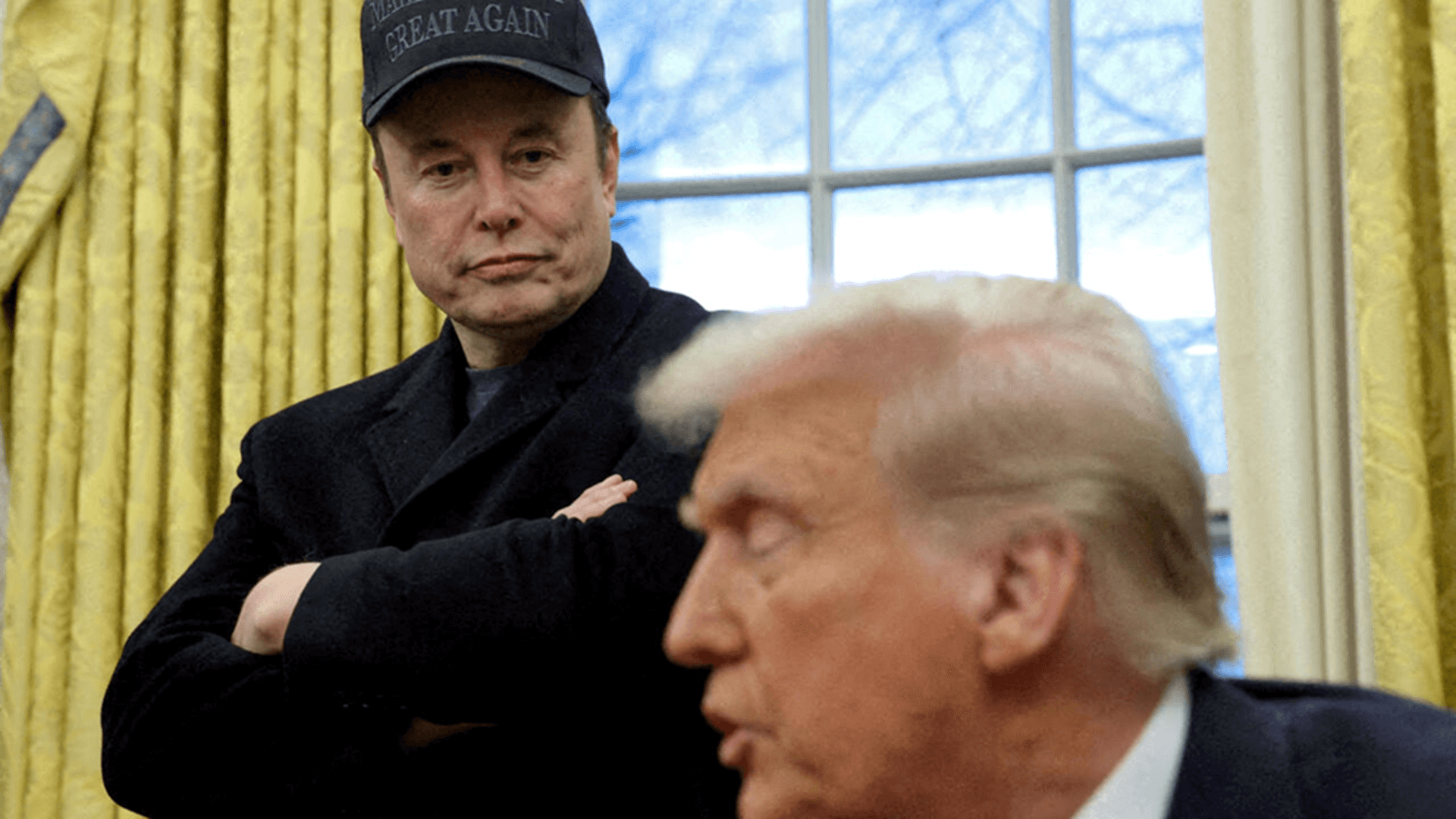Elon Musk Exits Trump Administration Amid Budget Disputes and Unmet Efficiency Goals
Billionaire entrepreneur and Tesla CEO Elon Musk has officially stepped down from his role in the Trump administration, marking the end of a high-profile and turbulent tenure as a special government employee leading the Department of Government Efficiency (DOGE). Musk’s departure, announced on May 28, 2025, comes on the heels of his public criticism of President Donald Trump’s flagship tax bill, which Musk described as “too expensive” and counterproductive to his mission of reducing government spending. His exit has sparked widespread discussion about his impact, the challenges he faced, and the broader implications for the administration’s fiscal agenda.
Musk was appointed to lead DOGE, a newly created initiative aimed at streamlining federal operations and cutting wasteful spending. The department, co-led with biotech entrepreneur Vivek Ramaswamy, was tasked with achieving “generational savings” by reducing the size and scope of the federal government. During his tenure, Musk oversaw significant actions, including the reduction of approximately 11% of U.S. federal civilian jobs, a move that triggered thousands of layoffs and disrupted several federal agencies. Despite these efforts, Musk’s ambitious goals fell short of expectations. Sources indicate that the anticipated savings did not materialize to the extent promised, leading to friction within the administration. A White House official confirmed to Reuters that Musk’s “off-boarding” began on the evening of May 28, 2025, signaling an abrupt end to his government role. Musk’s departure was foreshadowed by his public disagreement with Trump’s signature domestic policy legislation. On May 27, 2025, Musk openly criticized the tax bill, arguing it would exacerbate the national deficit, a concern he viewed as an “existential” threat to the U.S. economy. This criticism, combined with reported tensions over a lucrative artificial-intelligence data center deal awarded to a rival company, highlighted growing strains between Musk and the administration.
In a post on X on May 28, 2025, Musk confirmed his exit, stating, “My stint as a government employee is coming to an end. I thank President Trump for the opportunity to reduce wasteful spending.” He described his departure as occurring on “scheduled time,” though sources suggest the decision was influenced by both internal disagreements and external pressures. Musk emphasized that DOGE’s mission would continue, indicating that the initiative remains a priority for the administration.
Following his exit, Musk signaled a pivot back to his business empire, particularly Tesla and SpaceX. In recent interviews, he has recommitted to focusing on electric vehicles, space exploration, and robotics, amid growing investor concerns about Tesla’s performance. A group of pension fund leaders, who manage long-term investments in Tesla, recently urged the company’s board to require Musk to dedicate at least 40 hours per week to the electric vehicle maker, citing a “crisis” driven by heightened competition and regulatory scrutiny.
Musk’s time in the Trump administration was not without controversy. His vocal stance on South African politics, particularly his claims of “anti-white” policies and a “genocide” against white farmers, drew significant criticism. These statements, amplified on X, led to backlash from South African officials and sparked debates about Musk’s influence on U.S. foreign policy. During a May 21, 2025, meeting between Trump and South African President Cyril Ramaphosa, Musk was present but remained silent, with Trump noting, “Elon is from South Africa. I don’t want to get him involved.” The administration’s decision to grant refugee status to 59 white South African farmers further fueled tensions, with critics arguing that Musk’s rhetoric shaped these policies.
Additionally, Musk faced accusations from Microsoft co-founder Bill Gates, who claimed that Musk’s push to cut funding for the U.S. Agency for International Development (USAID) would harm global aid efforts. Gates, announcing the closure of his foundation by 2045, accused Musk of contributing to policies that could “kill the world’s poorest children.” These criticisms underscored the polarizing nature of Musk’s government tenure.
Musk’s exit has elicited mixed reactions. Supporters on X praised his efforts to curb government inefficiency, with some expressing disappointment that the administration failed to fully capitalize on his vision. One user, @SteveAH84, lamented, “Guess those of us who wanted the fiscal swamp drained are letdown. Disappointed. Might as well have voted for a Dem.” Others, however, viewed Musk’s departure as inevitable, citing his strained relationship with Trump and the challenges of implementing sweeping reforms in a short timeframe.
Analysts suggest that Musk’s departure could signal a shift in the administration’s priorities, particularly as Trump navigates a complex legislative agenda. The tax bill, which Musk criticized, remains a cornerstone of Trump’s domestic policy, and its passage could face further scrutiny without Musk’s high-profile backing. Meanwhile, Musk’s decision to reduce political spending—after contributing nearly $300 million to Trump’s campaign and other Republican causes in 2024—indicates a strategic retreat from the political spotlight.
As Musk steps away from Washington, attention turns to his next moves. Tesla’s board is reportedly searching for a new CEO to address stock turmoil and declining brand sentiment, though Musk remains a central figure in the company’s operations. His Starlink venture continues to expand globally, with recent discussions to enter markets like Uganda and South Africa, raising questions about the intersection of his business interests and U.S. foreign policy.
For DOGE, the path forward is uncertain. While Musk insisted the initiative would persist, the loss of his leadership and public profile could slow its momentum. The administration has yet to announce a replacement, leaving open the question of who will steer the controversial efficiency drive moving forward. Elon Musk’s brief but impactful stint in the Trump administration has come to a close, leaving behind a legacy of bold reforms, unmet goals, and significant controversy. His departure underscores the challenges of aligning ambitious fiscal objectives with political realities. As Musk returns to his business ventures, the administration faces the task of sustaining DOGE’s mission without one of its most prominent advocates. The coming months will reveal whether Musk’s exit reshapes the administration’s agenda or marks a return to business as usual in Washington.


